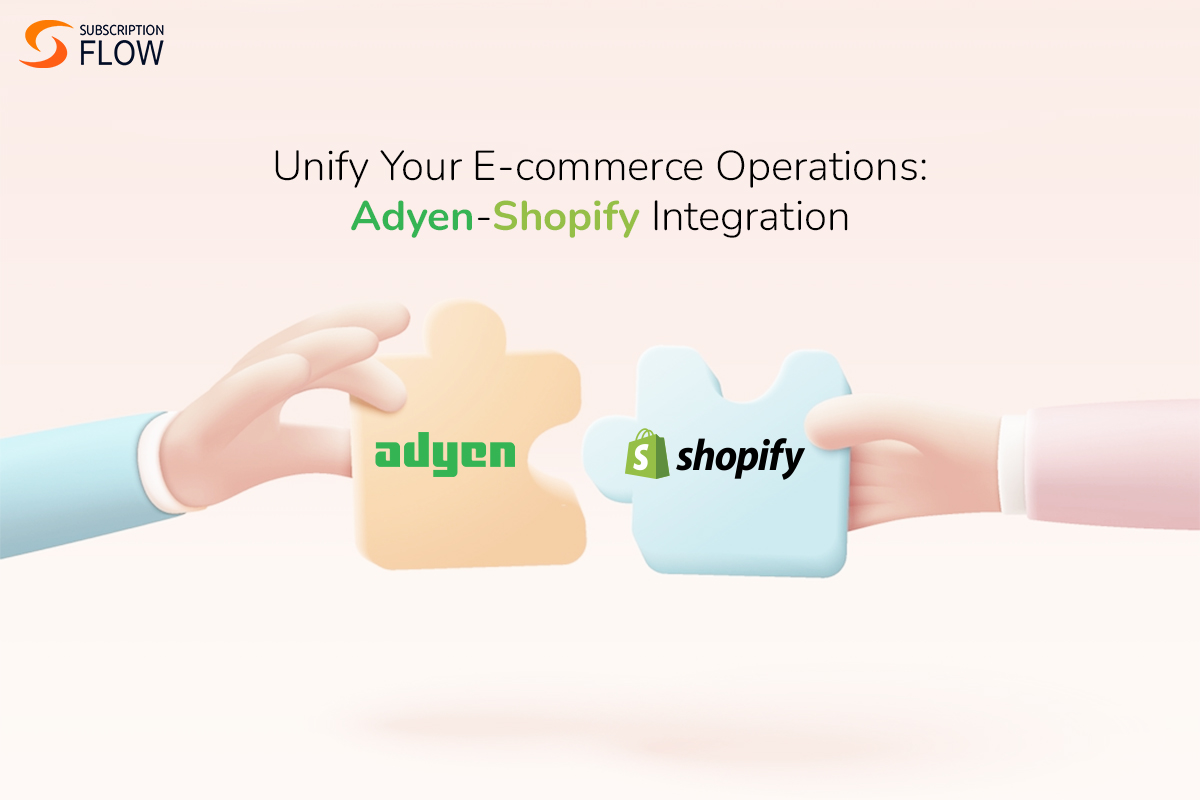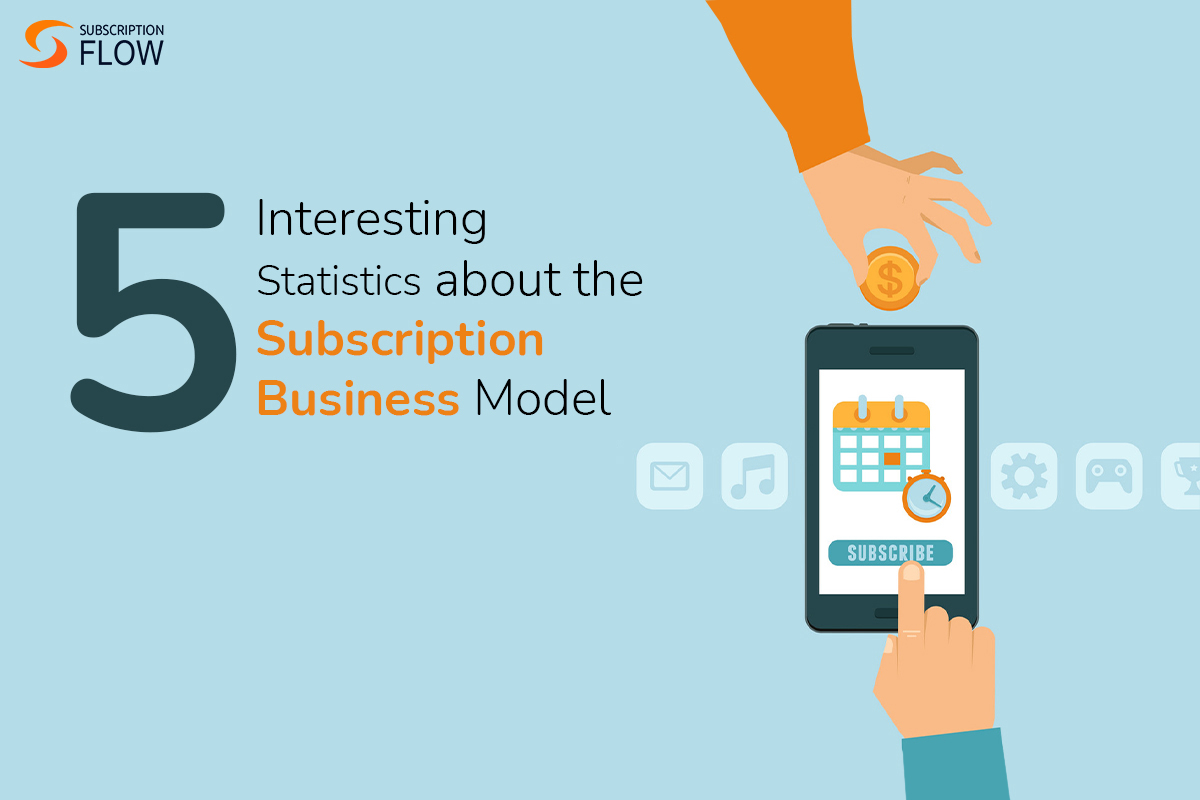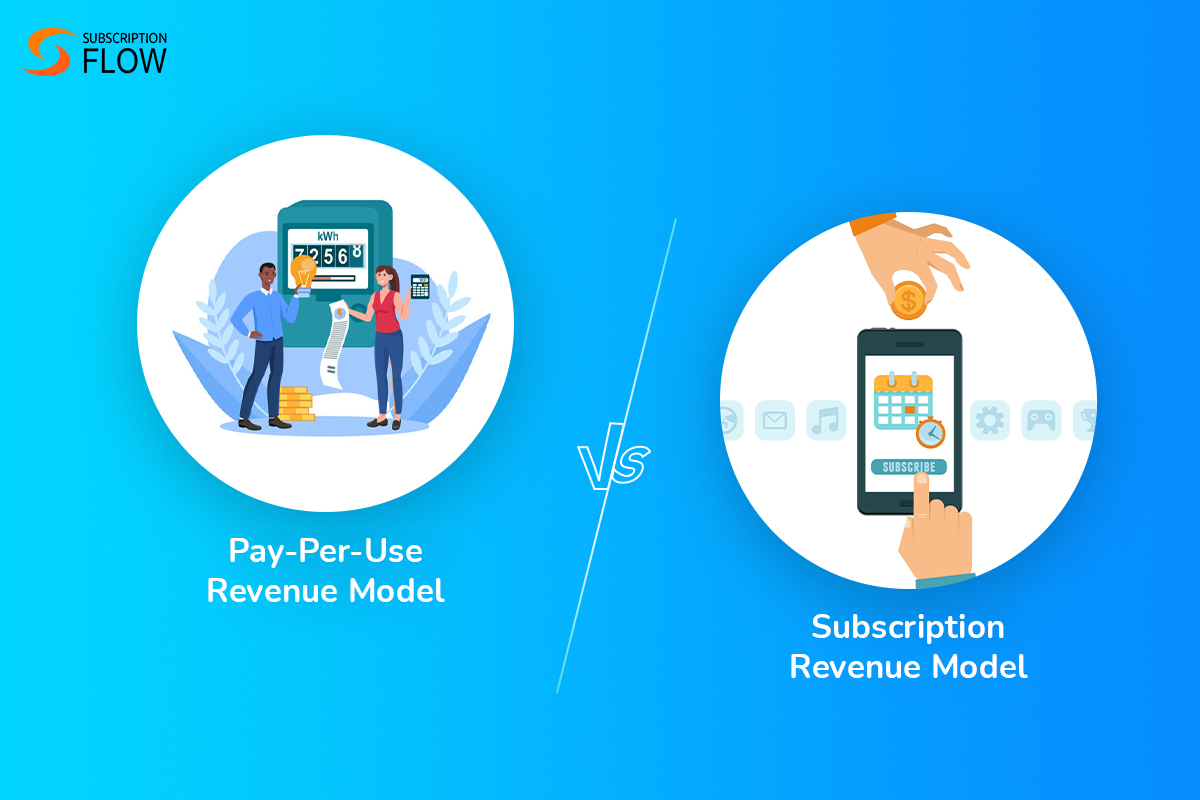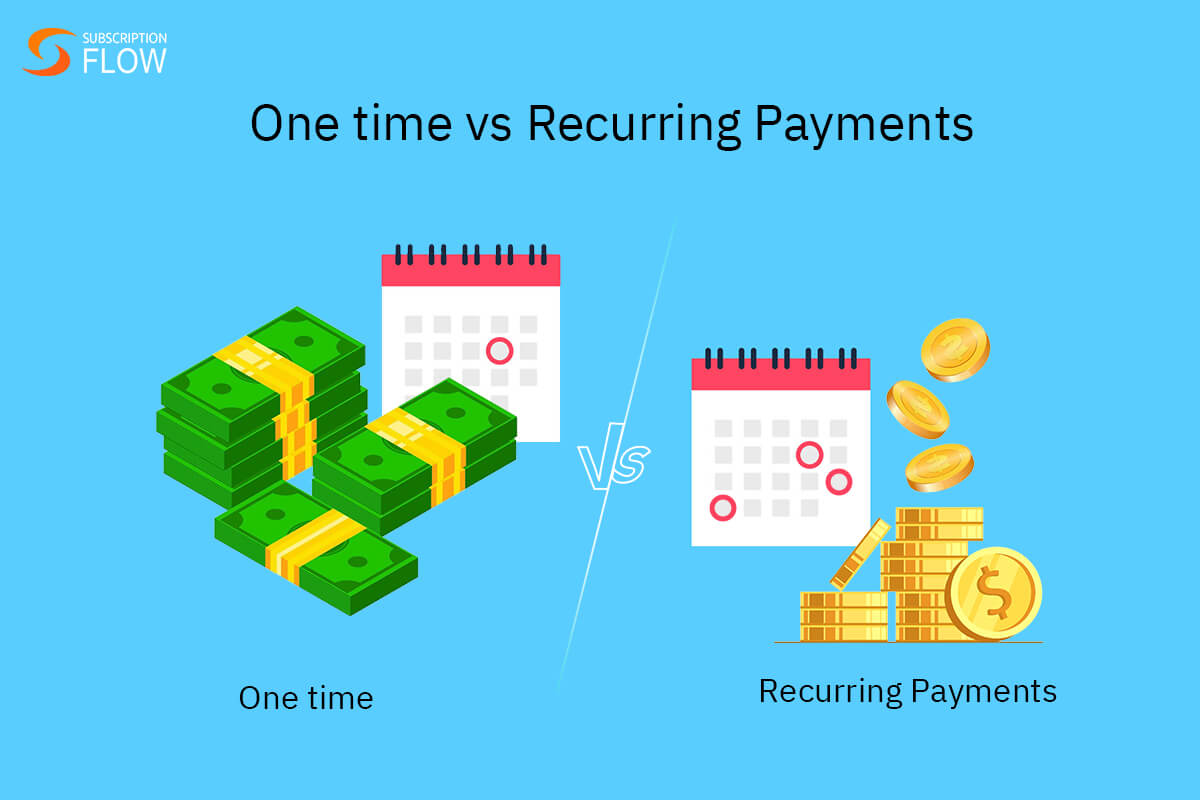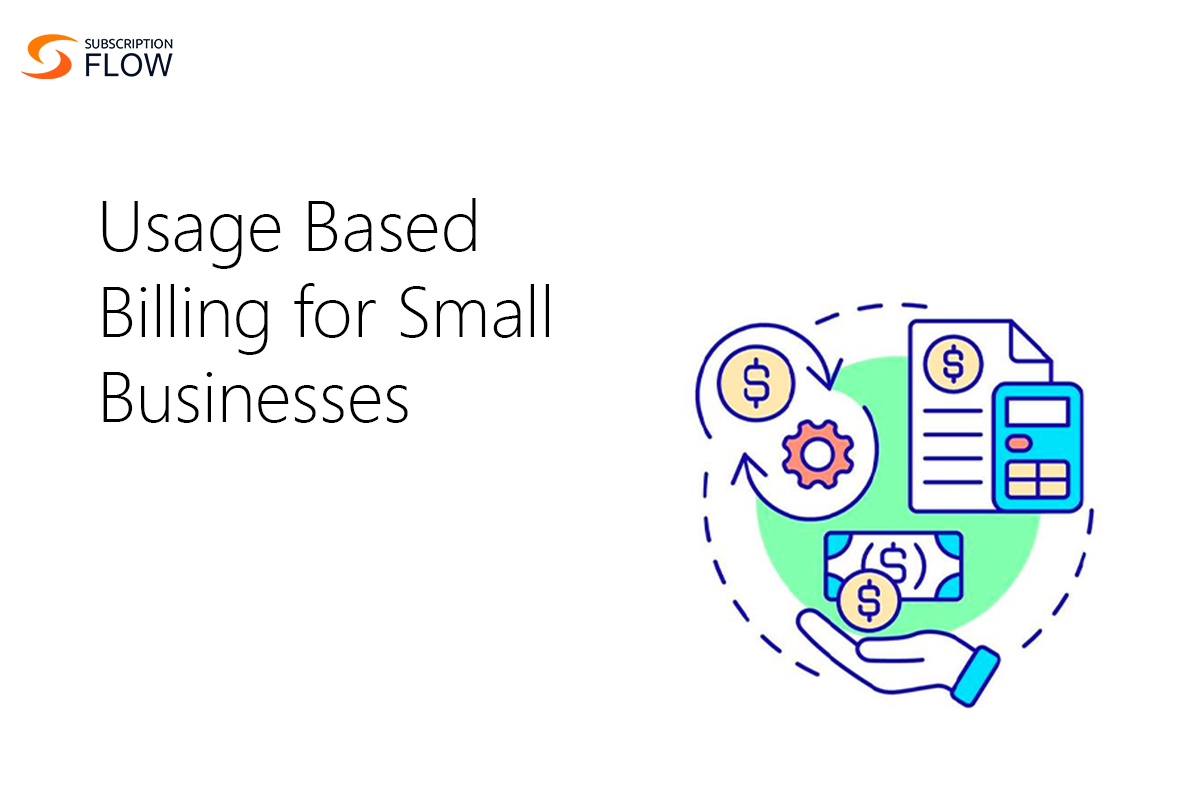
How SubscriptionFlow Can Help Small Businesses Manage Their Usage-Based Billing Needs?
The software industry’s remarkable success in adopting a subscription or recurring revenue model has contributed to the model’s exponential rise in popularity over the previous decades which has, in return, contributed to a massive rise in revenue in profit. A crucial component of revenue and profit for any business is determining the price at which to sell its products. Businesses that offer subscription services also need to decide on their billing model in addition to their price points. For instance, a fixed recurring model is used by many subscription businesses (same price every time). Because of their slightly more complicated business model, SaaS providers must charge, usually on a prorated basis, for each user that accesses the service. Additionally, some companies—typically those providing high-volume transactional services—will discover that a usage-based model is the most advantageous and suitable.
In this blog therefore, keeping in mind this boom of the software industry, we will be looking at the specific ways in which small businesses that sell a software as a product can benefit from usage-based billing for small business. Doing so will help you, a small business owner, determine which software should you opt for to help manage your small business usage-based billing.
Read more: The Benefits of Usage Based Revenue for the SaaS Industry
Understanding User-based Billing
Let us begin this section by first understanding what is user-based billing. Furthermore, we will also be seeing how can we tell if it would be a good fit for your end consumers and, by extension, your company?
In essence, a usage-based billing model calculates charges for customers at the end of each billing cycle based on the number of units of a product or service that they use. Pay-as-you-go cell phone plans, for instance, usually impose usage-based charges based on the quantity of texts sent or minutes of phone time used. Another example would be pay-per-minute international calls. For some types of services, where users only want to pay for what they use and the business wants to match revenue to usage, a usage-based model may work well.
How User-Based Billing Can be of Help to Small Businesses?
Small businesses that wish to expand without incurring additional costs for pointless features or services can benefit from usage-based billing because user-based billing allows businesses to offer more individualized and flexible plans that cater to customers’ needs and preferences, it can also help small businesses draw in and keep customers. Because user-based billing only requires small businesses to track and manage the number of users they have—rather than the usage of each individual user—it can also streamline the billing process and save administrative costs.
The following is a brief list of ways in which small business usage-based billing is a good fit because usage-based billing:
1. Boosts client happiness and loyalty by providing greater transparency and flexibility. Rather than paying a set fee or a subscription, customers pay only for what they consume and can decide how much they want to use.
2. Balances revenue and expenses, thereby lowering operating risks and expenses. Small businesses can modify their spending in accordance with demand and cash flow to avoid overspending on goods or services that they do not require or use.
3. Increases growth and sales by drawing in new clients and motivating current ones to make more use of it. Potential clients who are reluctant to sign a long-term contract or make a sizable upfront payment may find it easier to get started with user-based billing.
For What Type of Small Businesses is Usage-based Billing Not Suited?
Time-based businesses (such as those that charge per seat or per user) or physical goods subscription businesses are not good candidates for a usage-based model. Businesses frequently consider per-seat models to be variable due to the possibility of seat variations within a billing cycle. In contrast to traditional usage-based models, which are variable based on the customer’s usage and paid in arrears, variability is controlled by the customer and paid at the time of change. Should your service’s value consist of time-based access, you should prorate any mid-cycle adjustments according to the amount of time. Therefore, a fixed recurring and per-seat model is needed for this.
Read more: Why the Differences Between the Usage and Subscription-based Billing Models Matter?
How SubscriptionFlow Can Help Small Businesses Manage Their User-Based Billing Needs?
SubscriptionFlow is a cutting-edge subscription management platform that can completely transform the subscription operations of your company. It provides an extensive feature set that will make managing subscriptions easier, automate billing procedures, improve payment processing, expedite revenue management, and increase customer retention. Prepare to bid manual laborious tasks farewell and welcome effortless growth! Small businesses can benefit from SubscriptionFlow’s usage-based billing for small business because it provides a scalable and adaptable solution that can accommodate a range of customer needs and preferences. Small businesses can use SubscriptionFlow to automate payments and invoicing, track usage and billing cycles, create and manage subscription plans, and produce reports and insights. Additionally, SubscriptionFlow integrates with well-known programs and servers like Stripe, PayPal, Zapier, Mailchimp, and others. With usage-based billing, SubscriptionFlow helps small businesses grow their revenue, improve customer satisfaction and retention, and save time and money.
Book a demo with SubscriptionFlow now to either effectively implement a small business usage-based billing model to supercharge your billing capabilities!


